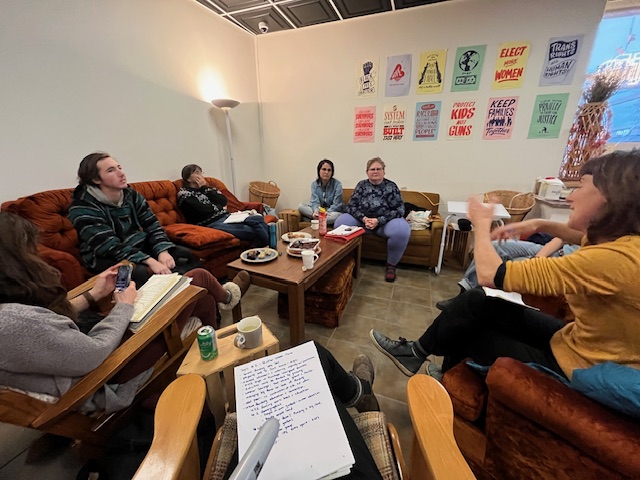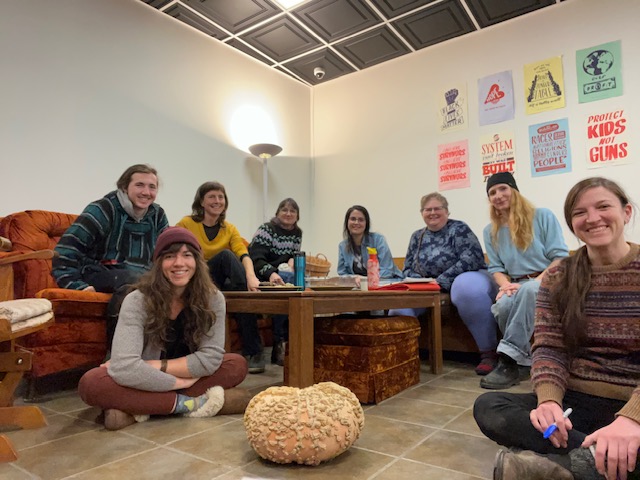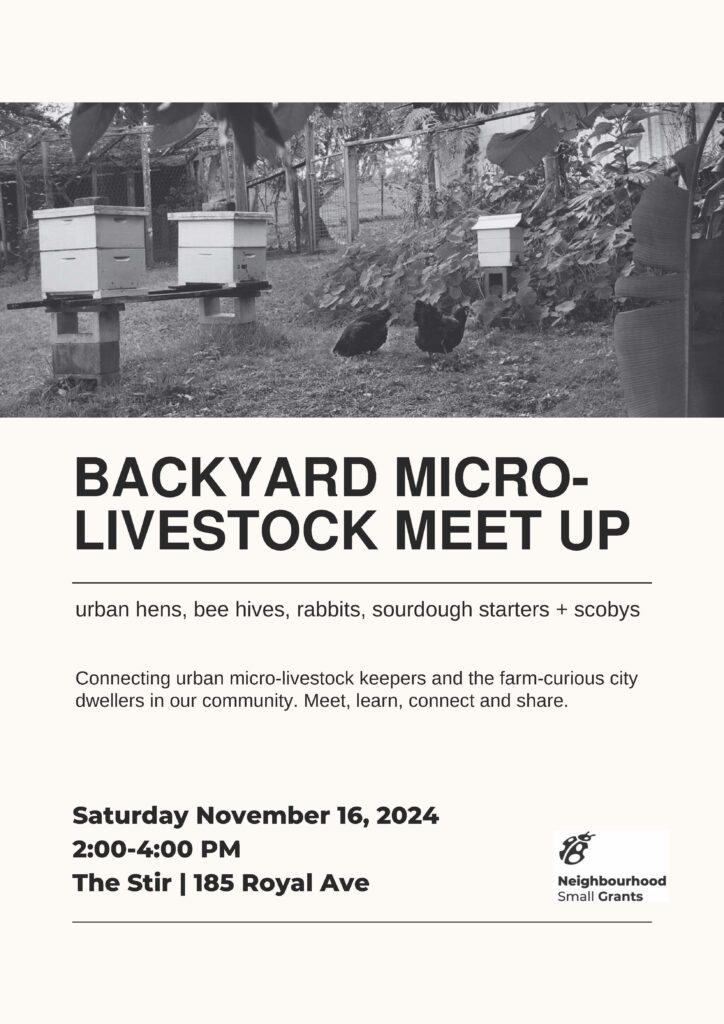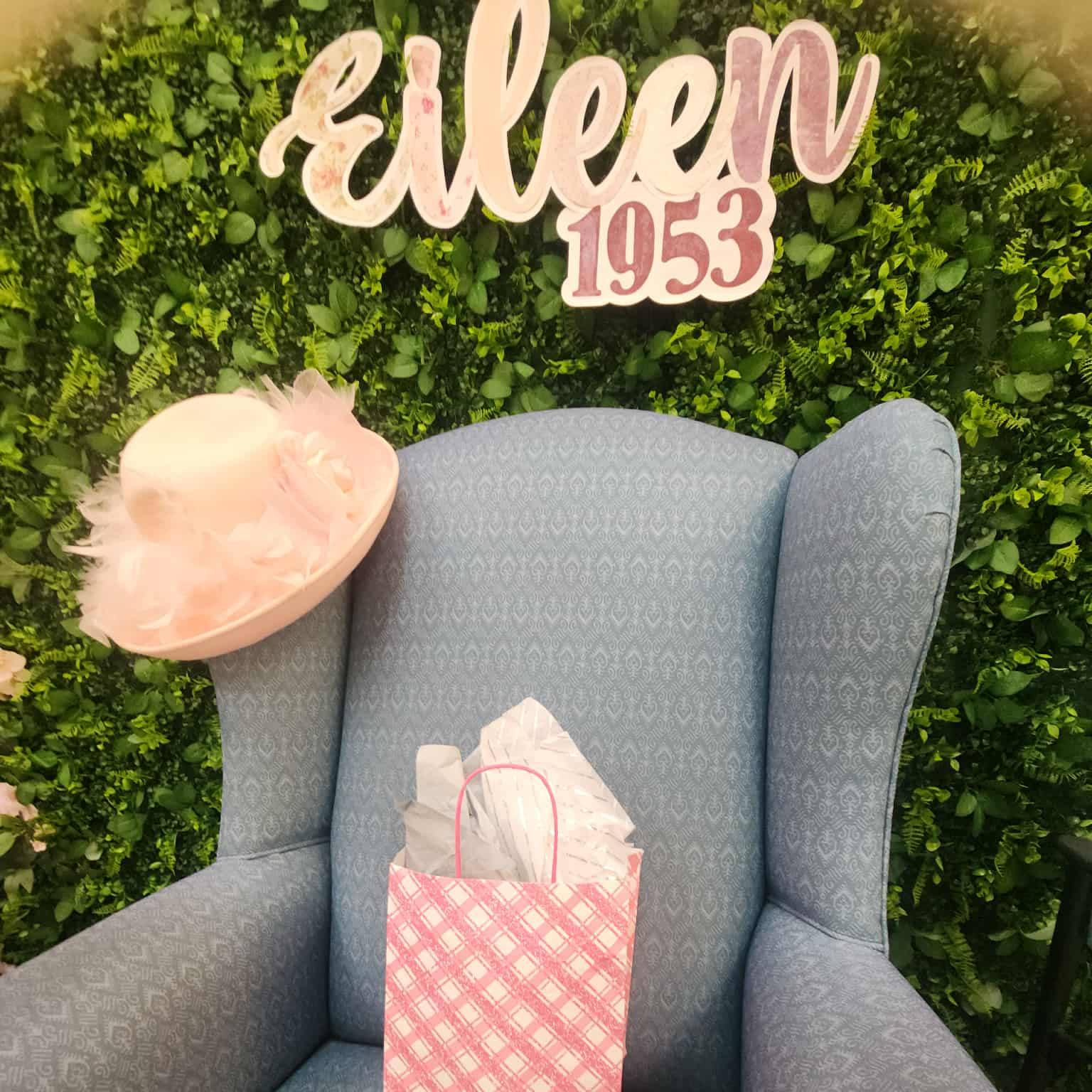The Urban Micro-Livestock meet up was an opportunity for people in Kamloops who either have backyard livestock (hens, rabbits, bees, sourdough starters and scobies) or are interested in raising them. The event was intended to expand the mycelium of connections between people in the community and to offer a place for mutual support.
The event was held as a one-time drop in at the Stir (the Kamloops Food Policy Council building) immediately following a Kamloops Organics Bulk Buying pick up time so people were able to come get their produce and stay for the conversation. The event was promoted through social media, through the Kamloops Food Policy Council newsletter and events page, as well as through a radio interview on CBC (the radio interview link is attached in the additional files if you want to listen!).
There were 8 people in attendance, and we engaged in a liberating structures technique called troika consulting, where people identify a problem and the groups helps to solve it. Through this we were able to help by witnessing and problem solving someone having an issue with urban hen predators, discuss urban microlivestock potential on a communal farm in the neighbourhood, and troubleshoot some urban bee keeping issues. We learned what neighbourhoods the participants came from, and who else lived there, as well as what urban livestock people had.
We identified several things that would be helpful as a group to do to advance or enhance the skill/self sufficiency level of urban microlivestock keepers in Kamloops as a whole, which included hosting a workshop on respectful and humane dispatching of chickens (needing to host this outside of municipal boundaries in the spring), and sharing equipment to learn together how to raise local bee queens that are adapted to our particular urban eco-system.
We were able to purchase the shared bee keeping equipment, and have plans to partner with the Kamloops Food Policy Council for the humane dispatch/processing workshop next spring.
While the event was small, we anticipate that many people keeping urban microlivestock may have similar needs and, as we implement skill and equipment sharing in the months and years to come, that more people will join into our circle.




